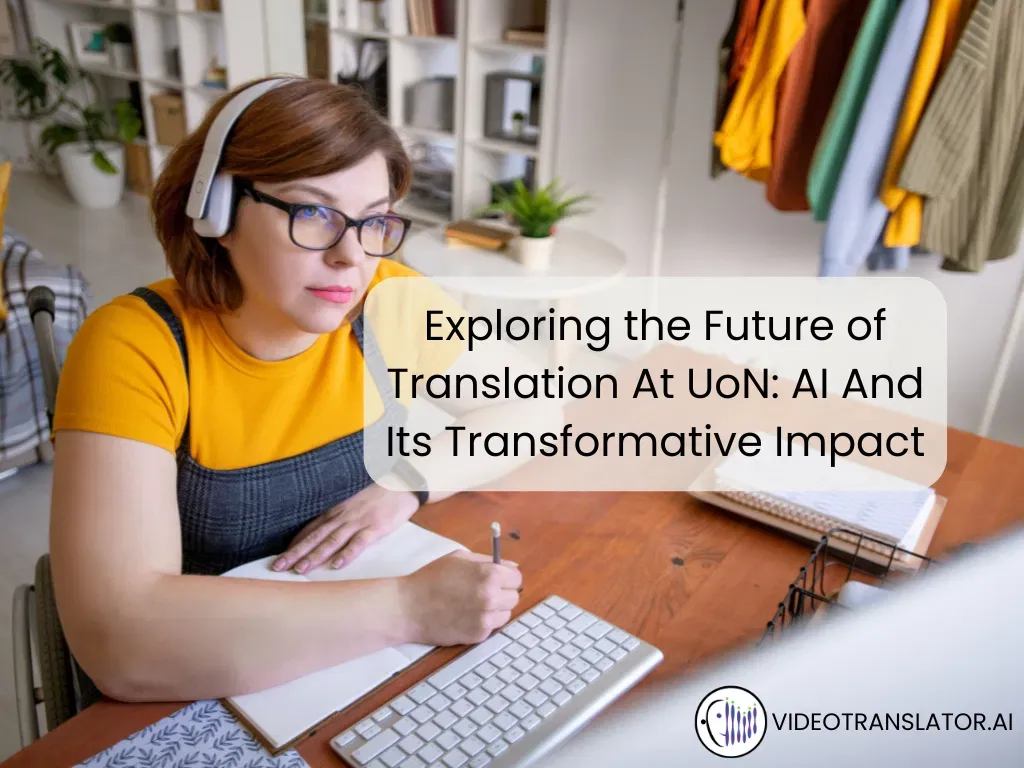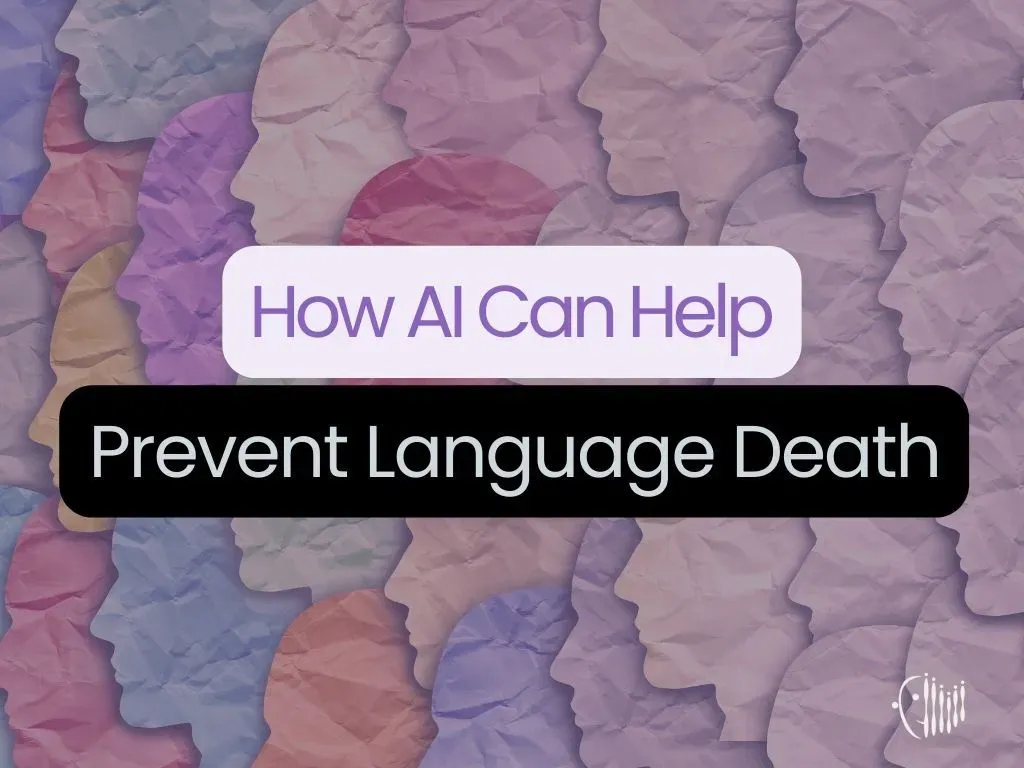In a recent guest lecture at the University of Newcastle, our CEO had the opportunity to share insights into the exciting world of artificial intelligence (AI) and its applications in the field of transcription and translation.
Organised by Kiwako Ito, the Director of Lab for Applied Language Science and Course Convener for the Master’s of Translation Studies, the lecture captivated students pursuing bachelor’s, master’s, and Ph.D. studies in translation.
This blog post aims to provide a summary of the lecture, highlighting key points and shedding light on the potential of AI in the translation industry.
Additionally, we created a sample that demonstrates the switching between English and Japanese in both subtitles and voice.
The Power of Large Language Models and Transformer Architecture
The lecture began by emphasising the significance of large language models and transformer architecture in driving advancements in AI technology. Students were introduced to the underlying principles of these models and how they have revolutionised natural language processing tasks, including translation.
Examples such as OpenAI’s GPT-3 and its capabilities were explored, showcasing the ability of AI to generate human-like text.
Generative AI: Exploring Text, Image, and Music
The lecture then delved into various examples of generative AI, showcasing its potential across different mediums. Students witnessed how AI models can generate coherent and contextually relevant text, create realistic images, and even compose unique pieces of music.
These demonstrations aimed to inspire students and ignite their imaginations regarding the future possibilities and creative applications of AI technology.
AI Ethics and Managing Customer Expectations
Recognizing the growing influence of AI in various industries, the lecture addressed the crucial topic of AI ethics. Discussions centred around the ethical considerations and responsibilities that accompany the development and deployment of AI systems.
Students were encouraged to explore the ethical implications of AI technology, including bias, privacy concerns, and the potential displacement of human translators. Managing customer expectations in an AI-driven world was also highlighted, emphasising the importance of transparent communication and setting realistic goals for AI-assisted translation.
Unveiling a New Product: Custom AI Training for Professional Translators
The lecture concluded with an exciting demonstration of a new product our company is releasing. This innovative tool enables professional translators to train an AI model based on their specific dictionaries and expertise.
By personalising the AI training process, translators can enhance their productivity and accuracy while maintaining the human touch in their work. This hands-on demonstration left students inspired and intrigued by the possibilities of AI and its potential to augment their translation skills.
Conclusion
The guest lecture at the University of Newcastle provided an insightful exploration of AI’s transformative impact on the field of translation.
From large language models and generative AI to discussions on AI ethics and managing customer expectations, students gained valuable insights into the future of translation.
The introduction of a new product that allows professional translators to train AI models tailored to their specific needs further emphasised the symbiotic relationship between human translators and AI technology.
As the translation industry continues to evolve, embracing the potential of AI will undoubtedly pave the way for enhanced productivity and improved language services.



